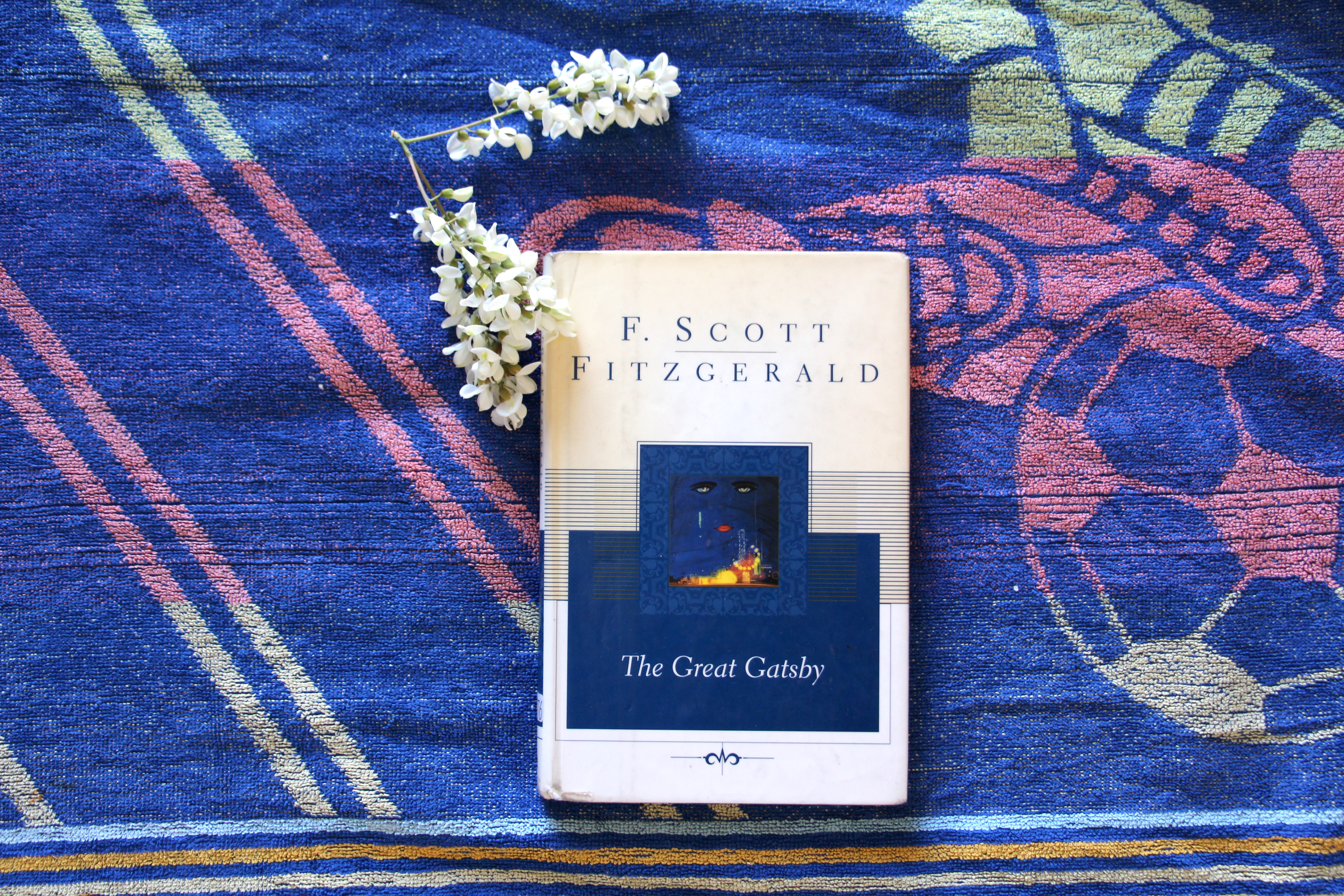I first read The Great Gatsby, as I imagine many people do, in high school. It’s still very hard to imagine that high school was 15 years ago, that I’ve lived a whole other half of my life since I was the person who read this novel for the very first time. But if there’s anything that can remind you how far you’ve come, it’s rereading something you loved the first time around and realizing you had missed the point entirely.
I can’t remember, exactly, what incited me to reread this classic recently (I’ve had it checked out of the library for a very. long. time.) Maybe it was something that happened on one of my literature tours of Paris, a story I told (or had told to me) about Fitzgerald’s brief time here. Maybe it was mentioned on a show, or in another book I read. Maybe it was just nostalgia, a disease that, oddly, plagues me much less now than it did when I was younger, but that by virtue of my newest fiction project has been encroaching on my reality.
Whatever it was that made me reach for this book, the result was not what I expected.
Within pages of my reinsertion into the worlds of West and East Egg, I realized how much I had missed, the first time around, how much I had misinterpreted. Motivations that had seemed pure revealed themselves as clearly fickle; dreams that, on the page, had seemed relatable now seemed ridiculous and strained. More than anything else, I realized that the main characters I had sought to identify with upon first reading were now people I looked down upon.
And – horror of horrors – I realized that I am technically older than Nick Carraway is, on the page.
More than anything, I realized that it was the feeling of the book – a simultaneous feeling of wonder and a keen sense of lack, like looking at a scene through a pane-glass window and never being asked to participate – that had pulled 17-year-old me in. At 17, I identified, somehow, with Nick, as he watched parties transpiring on the pages of the novel from the outside, an outcast. It mirrored my own Long Island experience, as someone on the outskirts of the “Hamptons” that people seemed to love. Unlike Nick, I created my own Long Island experience, as a teenager, but I still felt somewhere on the periphery. That was what drew me to this book, the first time around; the actual events of the story, however, were lost to memory or time; maybe I never really got them in the first place.
Maybe that’s how I had somehow convinced myself that Nick is in love with Daisy.
Rereading books you once loved is a double-edged sword. On the one hand, you reconnect with the person you were when you fell in love with them, you remember what it was about you, then, that could make you love this book, here. On the other hand, however, you realize that maybe you are far more different from that person you once were than you realized or, worse, that you don’t like them very much.
(That’s what happened when I tried to reread The Catcher in the Rye and realized, with bittersweet determination, that I would never do so again.)
My reaction to a rereading of The Great Gastby was far less visceral. I still enjoyed it, in the way you still enjoy the company of a friend you used to be close to and have found that somehow, with time, though both of you have changed, you still like one another – just for entirely different reasons than you used to.
